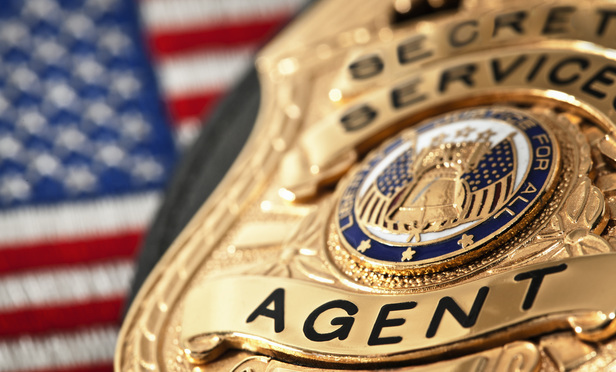“Your honor, I’m not a bad man, I’m a dumb man. What I did was truly stupid and I’m very sorry for that.” That’s how the owner of a Pittsburgh pet waste removal service addressed a federal judge in Pittsburgh before being sentenced on the charge of impersonating a federal agent. Christopher Diiorio, 54, of nearby Greensburg, Pennsylvania, and owner of Doodle Scoopers, had purchased fake Secret Service ID cards and badges in order to impress women on a dating site and to get reduced rates on hotel rooms. After being stopped for a broken taillight last July, he gave the officer on the scene his fake ID and said he was returning from the Republican National Convention in Cleveland. But the officer, PennLive reports, was related to an actual Secret Service agent, to whom he sent a photo of the ID. The agent confirmed that the ID was fake, and Diiorio was subsequently arrested. He was indicted by a grand jury on charges including fraudulently using an official seal, to which he pleaded guilty. U.S. District Judge Nora Barry Fischer dismissed the other charges against him and sentenced him to two years probation and a fine of $500.
RIVER BORN
It’s official: The Whanganui River in New Zealand is now a person. Or, rather, it has all the legal rights of personhood as part of a treaty settlement between the government of New Zealand and the Whanganui tribe. The new status means that if the river is harmed, it will be seen legally as the same as harming a member of the tribe. In fact, the Whanganui tribe’s belief that “I am the River and the River is me” was included in the official announcement of the settlement. According to the New Zealand Herald, the river will be represented by two officials, one from the tribe and the other from the Crown. “I know the initial inclination of some people will say it’s pretty strange to give a natural resource a legal personality,” said Treaty Negotiations Minister Chris Finlayson. “But it’s no stranger than family trusts, or companies or incorporated societies.” The treaty settlement also provides money for financial redress and funds to improve the health of the river. The Whanganui tribe has fought for legal recognition of its relationship to the river since the 1870s, Finlayson said.






